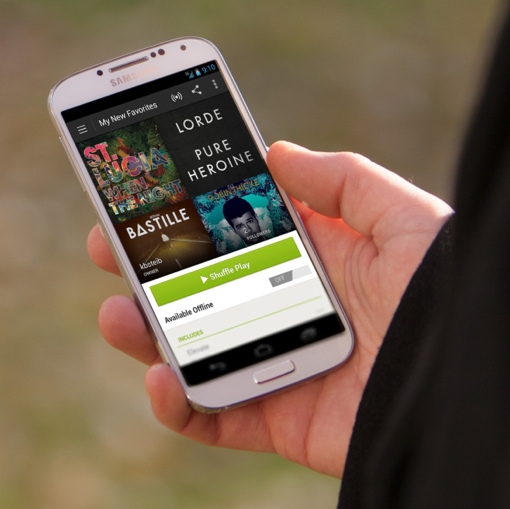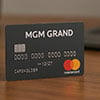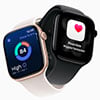 I can remember the first time I ever listened to a music CD. The year was 1991, and the CD was The Simpsons Sing the Blues. My parents had just bought me a CD add-on to our home stereo as a Christmas present. I was hooked immediately – no longer did I need to reset a record player needle with precision to start my favorite song. I could just listen to my favorites on repeat over and over, on demand.
I can remember the first time I ever listened to a music CD. The year was 1991, and the CD was The Simpsons Sing the Blues. My parents had just bought me a CD add-on to our home stereo as a Christmas present. I was hooked immediately – no longer did I need to reset a record player needle with precision to start my favorite song. I could just listen to my favorites on repeat over and over, on demand.
These days, purchasing a compact disc is more an act of nostalgia than anything else. Major music stores like Tower Records have shuttered their doors. Modern computers are trading the CD-ROM drive for online app stores. Mobile phones have replaced CD Walkmans. The world continues to change, and the CD has found its market position toppled — this time, by streaming music sales.
According to the RIAA (PDF), streaming music revenues have increased by 28% this past year to $860 million. Revenues from the sale of CDs, meanwhile, declined by 19% to $719 million, falling under streaming for the first time ever. Music downloads over services like iTunes continue to hold the dominant market position with $1.344 billion in sales, though its trend is downward as well (-13%).
Clearly, the age of the CD has passed. Sales should continue to decline, much like cassette tapes and 8-track sales have. Part of the problem is that compact discs are increasingly inconvenient. Another major problem: Many early CDs have already degraded to non-playable states. Only vinyl records seem able to stand up as a long-term method of music ownership. Music lovers are definitely taking notice – vinyl sales are up 43% this year to $149 million.
Want to give streaming music a try for yourself? Check out our guide to streaming music services and start a free trial of the one that appeals to you. You may also want to consider investing in a streaming music speaker like Sonos to complete your wireless experience: The $199 Sonos Play:1 now connects directly to your mobile device through your home network WiFi without need of a hub.

 Actiontec Electronics develops broadband solutions that connect people to the Internet, applications, and content they care about. We're turning the promise of the digital lifestyle into reality, enabling consumers to enjoy any content on any device in any room in the house.
Actiontec Electronics develops broadband solutions that connect people to the Internet, applications, and content they care about. We're turning the promise of the digital lifestyle into reality, enabling consumers to enjoy any content on any device in any room in the house.














